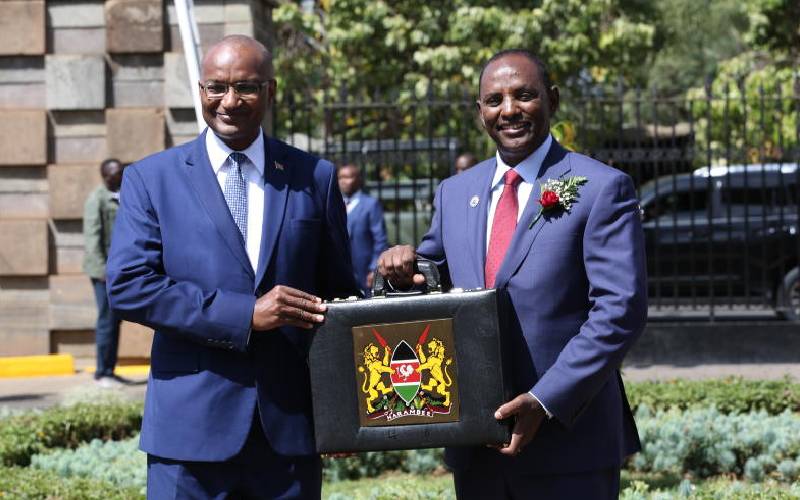×
The Standard e-Paper
Kenya’s Boldest Voice

The government has allocated Sh10.1 billion for the promotion of local industries in this year's Budget, down from Sh10.4 billion in the current Financial Year ending in June.